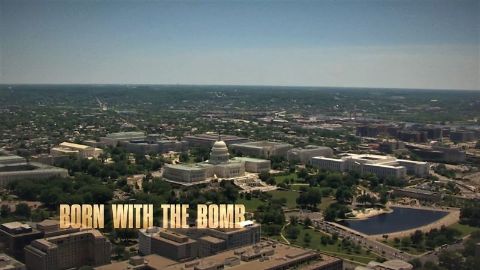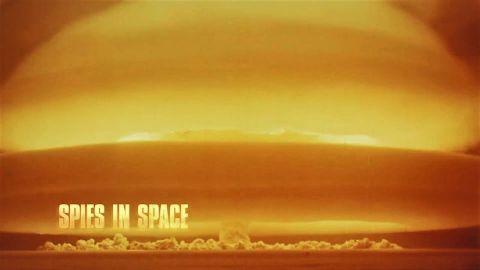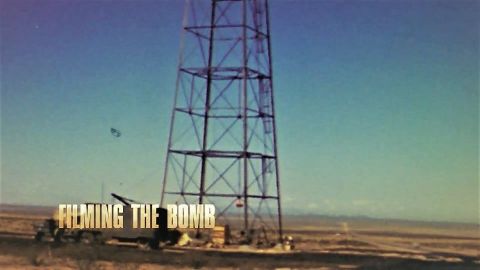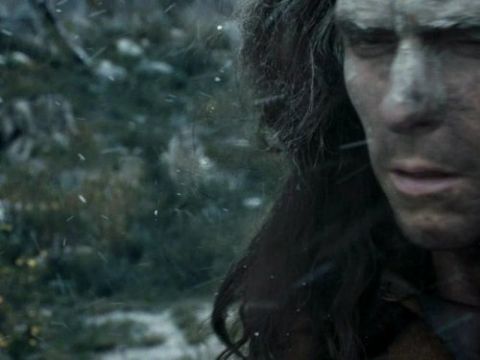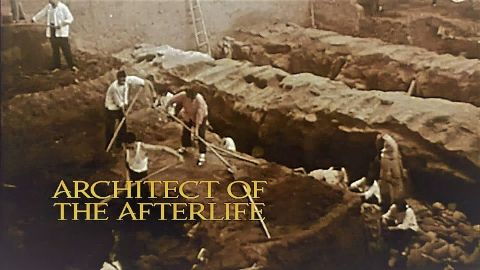Filming the Bomb • 2018 • Atomic Age Declassified
In 2017, the U.S. released films from a generation of nuclear tests allowing scientists to study the last images of thermonuclear explosions we hope we'll ever see. But just getting them took years of trying and dozens of nuclear explosions. In Los Angeles, a secret film studio, Lookout Mountain, staffed by Hollywood professionals, produced countless films aimed at diverse audiences from policymakers to soldiers, scientists to civilians. The goal: convince anyone who will listen.
Make a donation
Buy a brother a hot coffee? Or a cold beer?
Hope you're finding these documentaries fascinating and eye-opening. It's just me, working hard behind the scenes to bring you this enriching content.
Running and maintaining a website like this takes time and resources. That's why I'm reaching out to you. If you appreciate what I do and would like to support my efforts, would you consider "buying me a coffee"?
Donation addresses
BTC: bc1q8ldskxh4x9qnddhcrgcun8rtvddeldm2a07r2v
ETH: 0x5CCAAA1afc5c5D814129d99277dDb5A979672116
With your donation through , you can show your appreciation and help me keep this project going. Every contribution, no matter how small, makes a significant impact. It goes directly towards covering server costs.
